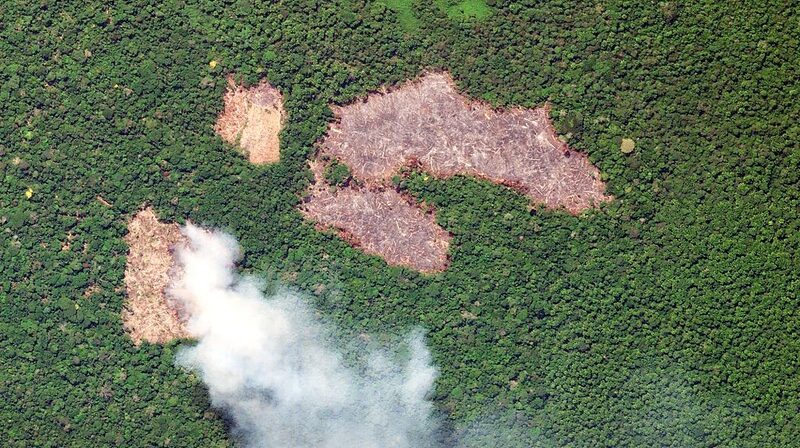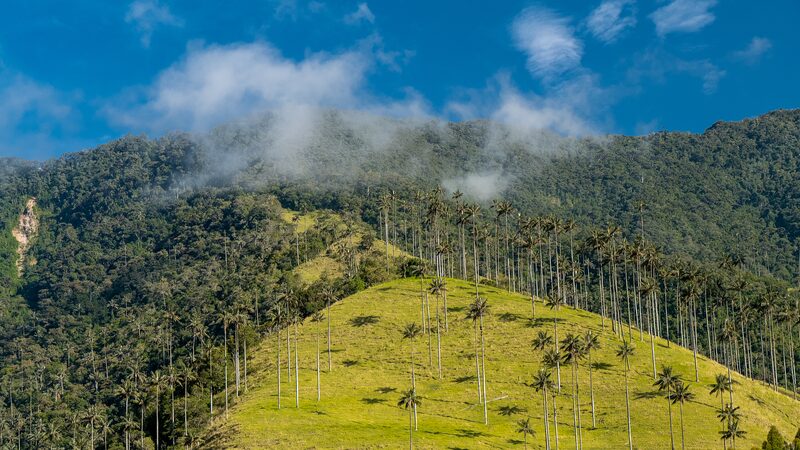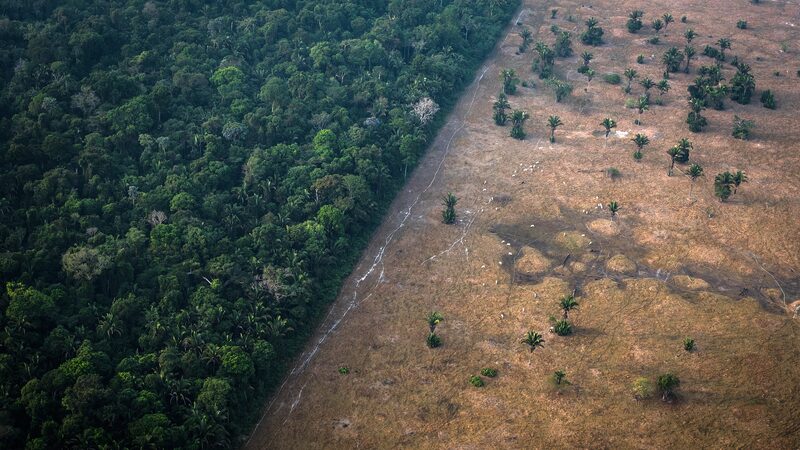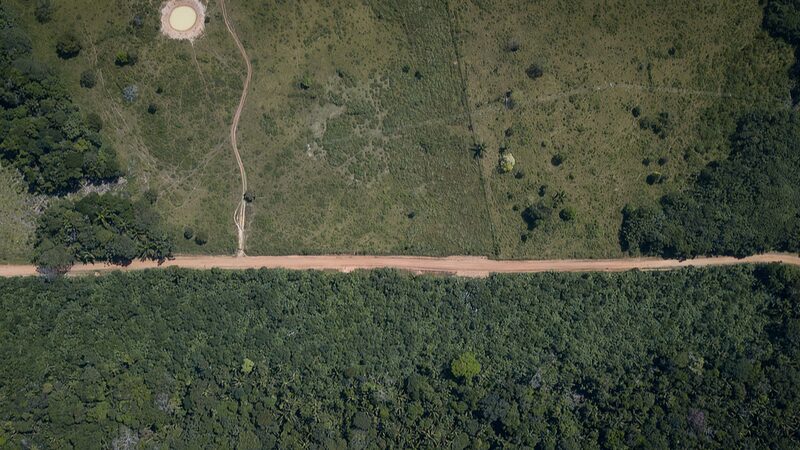Bogotá, Colombia — Colombia has achieved its lowest deforestation figures in 23 years, marking a significant environmental milestone with global implications. President Gustavo Petro announced on Monday that the country saw a 36 percent reduction in deforestation in 2023, driven largely by a notable decline in the Amazon rainforest region.
The Environment Ministry reported that deforestation nationwide fell to just over 792 square kilometers last year. In the Amazon, deforestation decreased by 38 percent, a crucial development for the preservation of one of the world’s most vital ecosystems.
President Petro shared the news on social media, stating, “It’s the lowest level of deforestation in 23 years. We must get to zero to maintain the lungs of the planet.”
This achievement is partly credited to a government program that compensates farmers for conserving natural habitats, as well as peace talks with guerrilla groups that have led to reduced environmental destruction in conflict-affected regions.
Global Relevance
Colombia’s success offers valuable insights for countries across Asia, where deforestation remains a pressing concern. Nations like Indonesia and Malaysia, with significant rainforest cover and biodiversity, face similar challenges related to illegal logging, agricultural expansion, and infrastructural development.
Experts suggest that Colombia’s approach, which combines community incentives with political efforts to resolve conflicts, could serve as a model for Asian countries striving to balance economic development with environmental conservation.
Challenges Ahead
Despite the positive trend, Colombia continues to grapple with threats to its forests. Environment Minister Susana Muhamad warned in April of a potential 40 percent increase in deforestation in early 2024 due to dry conditions resulting from the El Niño phenomenon, a climate pattern that also affects many Asian nations.
Colombia is set to host the COP16 biodiversity conference in October, providing an international platform to address environmental issues and promote collaborative conservation initiatives.
The Environment Ministry identifies the main drivers of deforestation in Colombia as extensive livestock practices, unplanned infrastructure, illicit crops, illegal mining, and logging. Addressing these issues is critical not only for Colombia but also for global efforts to combat climate change and biodiversity loss.
Lessons for Asia
The reduction in deforestation rates underscores the impact of concerted governmental and community efforts. As Asia grapples with its environmental challenges, collaborations and knowledge-sharing inspired by Colombia’s experience could contribute to more effective conservation strategies across the region.
Reference(s):
cgtn.com






